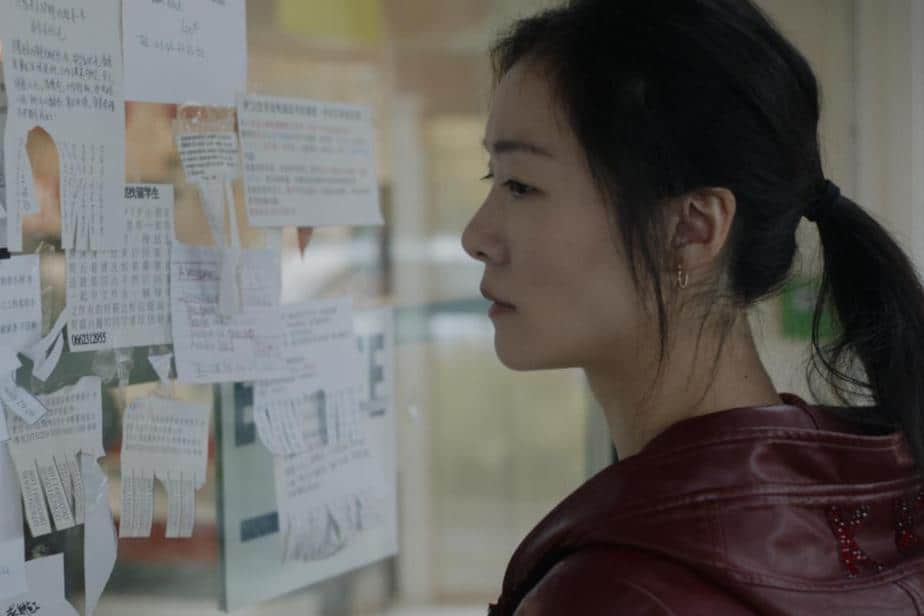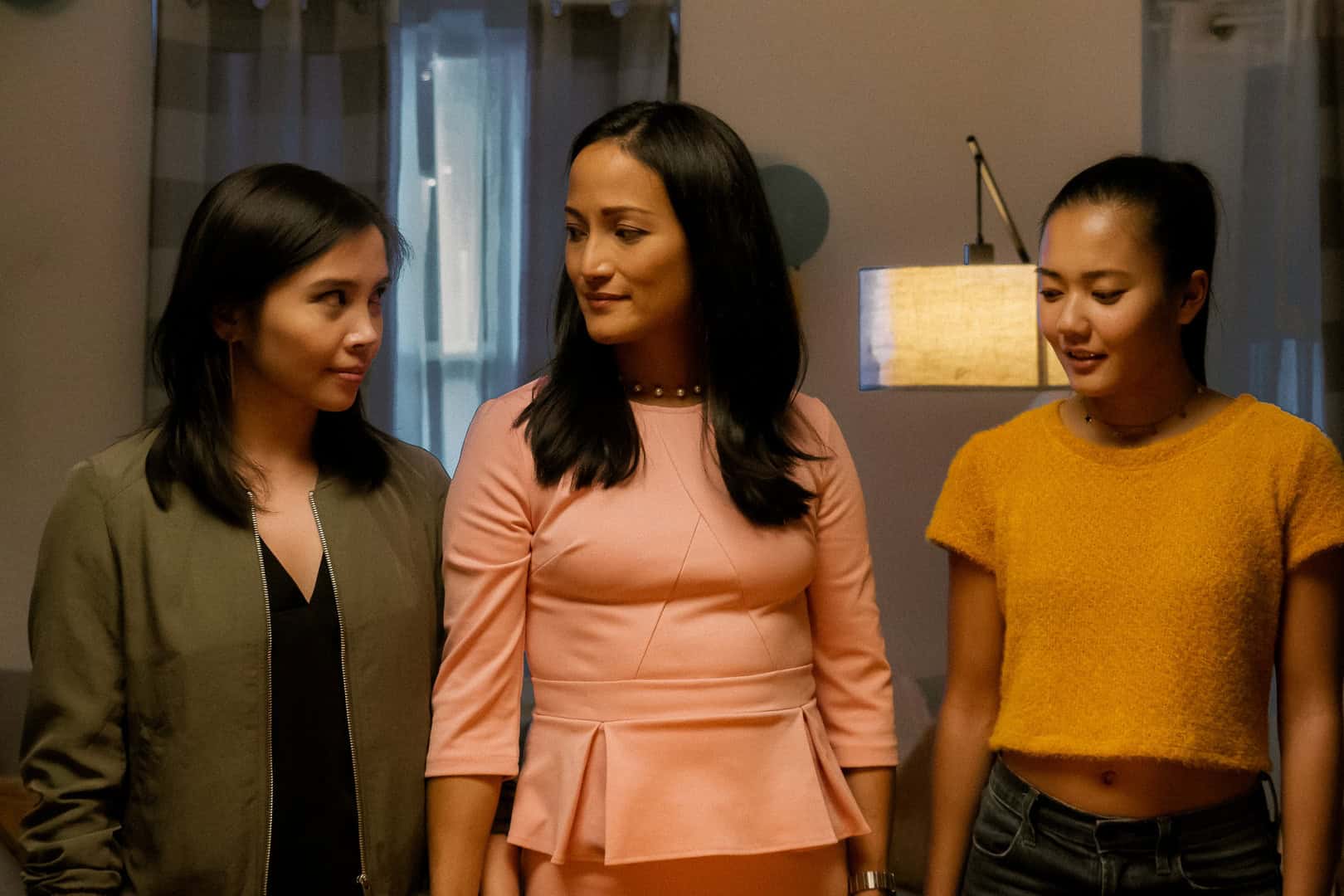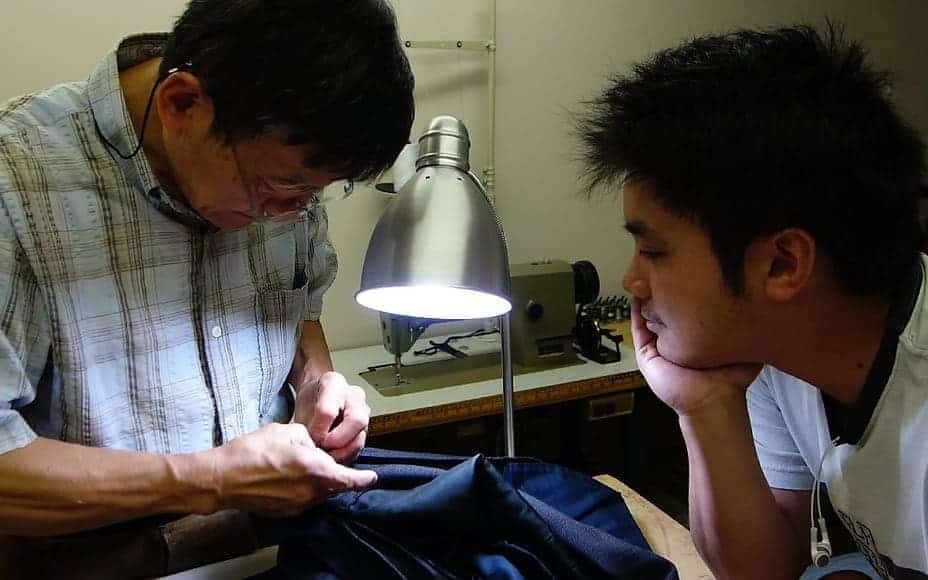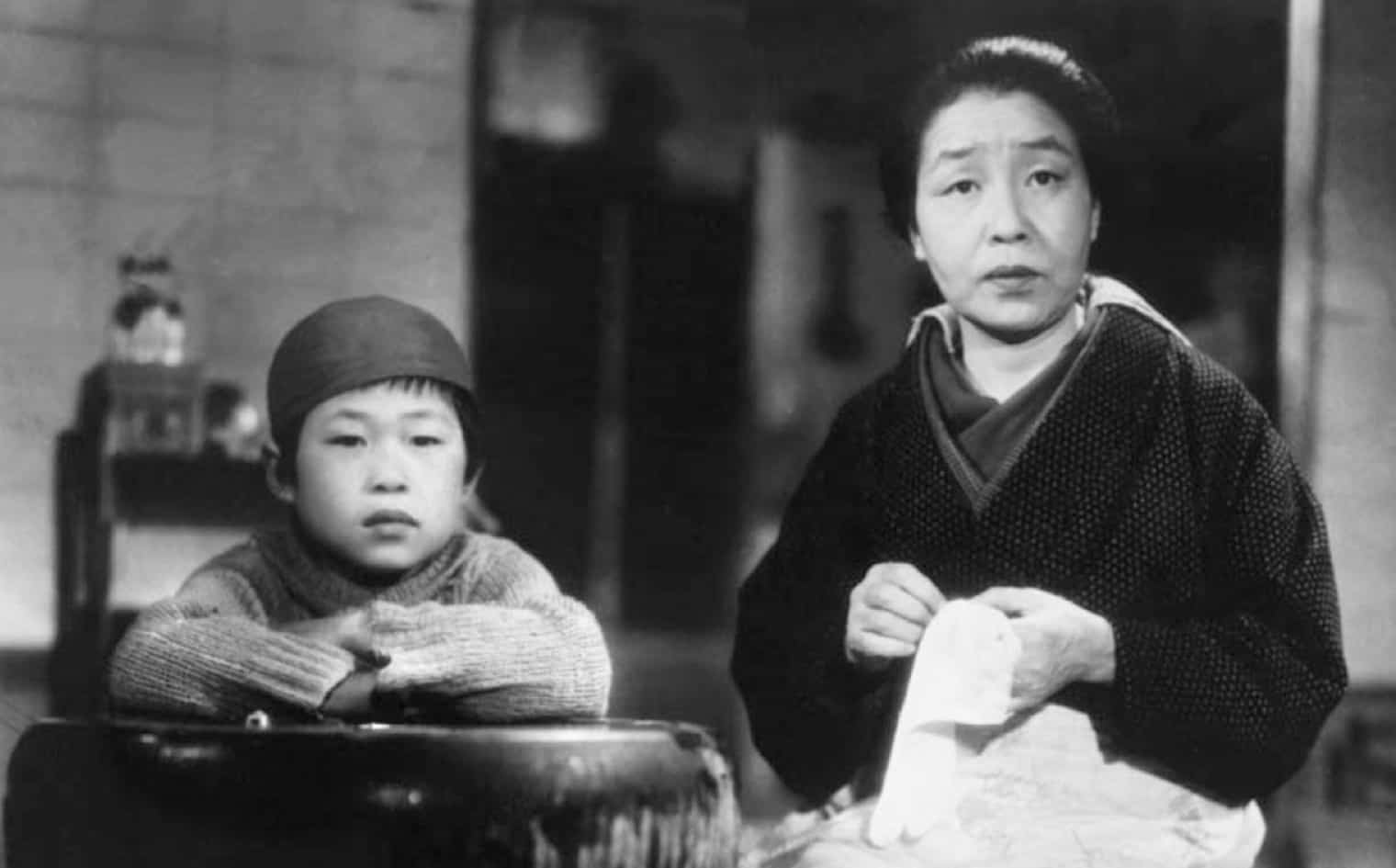Belgium director Olivier Meys chooses a tale of social realism for his feature debut “Bitter Flowers”, 9 years after the documentary “A Disappearance Foretold” and the short film “Première nuit à Beijing”. Co-written with Maarten Loix, “Bitter Flowers” is an independent Belgium-Switzerland-France-China co-production exposing the very real phenomenon – which has been increasing exponentially since the early 2000s – of Chinese women being lured into fake promises of easy earning in European countries.
“Bitter Flowers” is screening at CineCina iFest

The story is narrated from the perspective of a mid-thirty woman and starts in Yeling, in the cold province of Dongbei, North East China. Lina (Qi Xi) and her little family, an affectionate husband and a son, live modestly in an urban apartment. Their life is not unpleasant, but it could be better; more money would allow them to start a little business and provide a better future for their son. This mirage of a comfortable life is blinding Lina to the point she puts her life in the hands of people-traffickers who smuggle Chinese women into Europe, through fake touristic tours, luring them with the promise of big earnings working as nannies or housekeepers for Chinese compatriots. In the blink of an eye, Lina finds herself in Paris, full of energy and hope. As expected though, the 2,000-Euro-per-month nanny jobs do not exist in reality. Reality is harsh, reality is 500 euros to be treated with parochial racism by rich Chinese expats, reality is 350 euro for a bed. Shattered, Lina feels all the weight of her mistake and cannot go back home as they had to borrow the money to pay for her trip and the loan sharks are after her family.
In this hostile environment, Lina finds solace in the companionship of a woman from the same province she met in a restaurant, Li Yumei (Wang Xi) who introduces her to her roommates, a group of Dongbei women that have all gone through the same scam and are similarly trapped in Paris. All these women are working as prostitutes, and Lina, after few more unsuccessful attempts to find a job, reluctantly joins them. It is the only way to make her mistake worth something and to send some money back to the supportive yet oblivious husband who thinks she is still working as a nanny. Despite the hardship she endures, she is making enough money to save for the dream business; her plan could still work and at the end of the day, it's just temporary. But one day, her sister-in-law Dandan (Chloe Maayan), pushed by her husband, decides to join Lina in Paris, lured herself by Lina's facade. Nothing Lina can do to persuade Dandan to stay put and her whole secret life is threatened to be uncovered.
The harsh cost of the massive Chinese migration is a theme that is very dear to Chinese independent cinema. Migration from the rural provinces toward the capital cities of the clothing manufacturing provinces in search of better earnings have been widely exposed by documentarists such as Wang Bing. Here, director Meys focuses on the migrant women, exploited and trapped in the European sex trade as a no-way-out situation and he does an excellent job in documenting the crescendo of Lina's psychological distress.
The whole movie, since early scenes, is imbued of Lina's despair for having made an irreparable mistake and her frantic compulsion to make up for it. Scammed, mistreated even by fellow Chinese and burdened by debts, she is on the other side of the planet, alone and frightened. The first part of the movie gives ample space to the comforting and deepening relationship between Lina and Li Yumei, and the camaraderie with the Dangbei group. Li Yumei warns Lina about the rich people from Wenzhou who employ nannies, underpay them and often lock them up. “Don't expect them to consider you as one of their own” is her observation about this sad hierarchy of migration; the exploitation of these fragile humans fluidly passes from work exploitation to sexual exploitation.
With a very feminine sensibility, the script is driven and enriched by the female interactions; the companionship of the group, the empathy of Li Yumei, Lina's protective, almost maternal behavior with the sister-in-law. However, it weakens a bit when portraying the marital rapport and the consequences of her choices on it. Her life has changed forever and she's taken her family with her in the fall, and yet the husband's rage feels very mono-dimensional, compared with the range of feelings that the film is capable to explore.
“Bitter Flowers” is a slow-burner and it is beautifully carried out by its protagonist. Li Xi (“Someone to Talk To” and “So Long My Son”) is wonderful in Lina's role, her often framed face is home to many emotions and the subtlety of her acting is particularly effective in those moments where Lina blocks away the pain under a cold and yet thin defensive mask. Wang Xi in the role of friend Li Yumei is very remarkable too and the strength of the narration resides in the two women's relationship and support. Chloe Maayan of “Three Husbands” fame, is the clumsy and unaware troublemaker sister-in-law.
The good unconventional use of the prime location adds to the low-key realistic atmosphere. A damp, gray and hostile city, an emotionally barren background, with just the iconic Tour to remind us we are in Paris; yet, the city is always left on a distance by Benoit Dervaux's handheld camerawork, while exploring the characters and their inner landscapes.
The humanity in this portrait of a migration and its cruel cost makes it a difficult compelling view as “Bitter Flowers” takes the best of two worlds, the realism of a documentary and a deep exploration of the characters that only fiction can allow.















